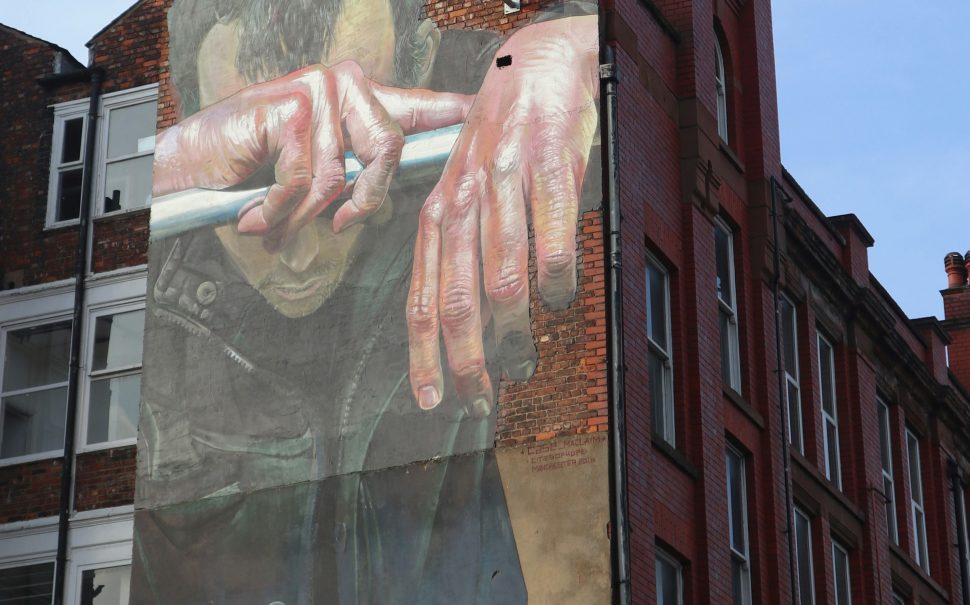Manchester has some of the highest rates of poor health and economic inactivity in England and Wales, according to new research.
Analysis of ONS data revealed people in Manchester are almost three times as likely to be in ill health as those in Oxfordshire, and twice as likely to be economically inactive – meaning they are not working, studying or seeking employment.
The IPPR’s Commission on Health and Prosperity, which conducted the research, has warned of a “stark divide” in health and wealth across the UK that has left some regions significantly worse off than others.
Professor Donna Hall CBE, IPPR commissioner and former Chief Executive of Wigan Council, said: “People working within local government and health services are trapped by a lack of resources, support and agency to serve their local population. People feel unheard and their health is suffering.”
Manchester was identified as the second worst “bad health black spot” in England and Wales, due to the high levels of poor health, poverty, and persistent unemployment across the region.

According to the report, almost one in ten Mancunians are in bad health, while more than a third are also economically inactive.
The city is only outdone by Liverpool, where 9% of the population are in bad health and 34% are economically inactive.
Manchester’s poor health and employment rates are also accompanied by some of the lowest life expectancies in the country, with locals living to an average of 61 years compared to 71 years in Richmond upon Thames.
Efua Poku-Amanfo, research fellow at the IPPR and lead author of the report, explained that the high rates of economic inactivity and poor health across Manchester are due to the combined impacts of long-term underinvestment in social infrastructure.
Poku-Amanfo said: “[disadvantaged Mancunians’] lives are more unstable as they do not have access to healthy foundations such as housing, job security, childcare needs, food security, green space and transport, and high substance abuse and addiction.
“This means that in these areas people are more likely to become sick, but also less able to get better due to the social and economic factors in their place causing them to be at higher risk of economic inactivity.”
The IPPR described the correlation between poverty and ill health in Manchester and elsewhere as a “double injustice”.
The report highlighted that impacted communities are also more likely to experience worse levels of child poverty and household income.
This concentration of illness in poorer regions is such that one in every four people in England and Wales who are economically inactive are living in the unhealthiest 50 local authorities.
As a result, the UK now has one of the largest health inequalities of any advanced economy.
Angela Rayner, MP for Ashton-under-Lyne and Shadow Secretary of State for Levelling Up, Housing and Communities, told the Guardian: “The Conservatives’ promise to level up is a scam, and their 14 years of failure is damaging people’s health and opportunities.”
Greater Manchester Combined Authority was contacted for comment.
Feature image: Northern Quarter mural photographed by Jason Jeandron on Unsplash




